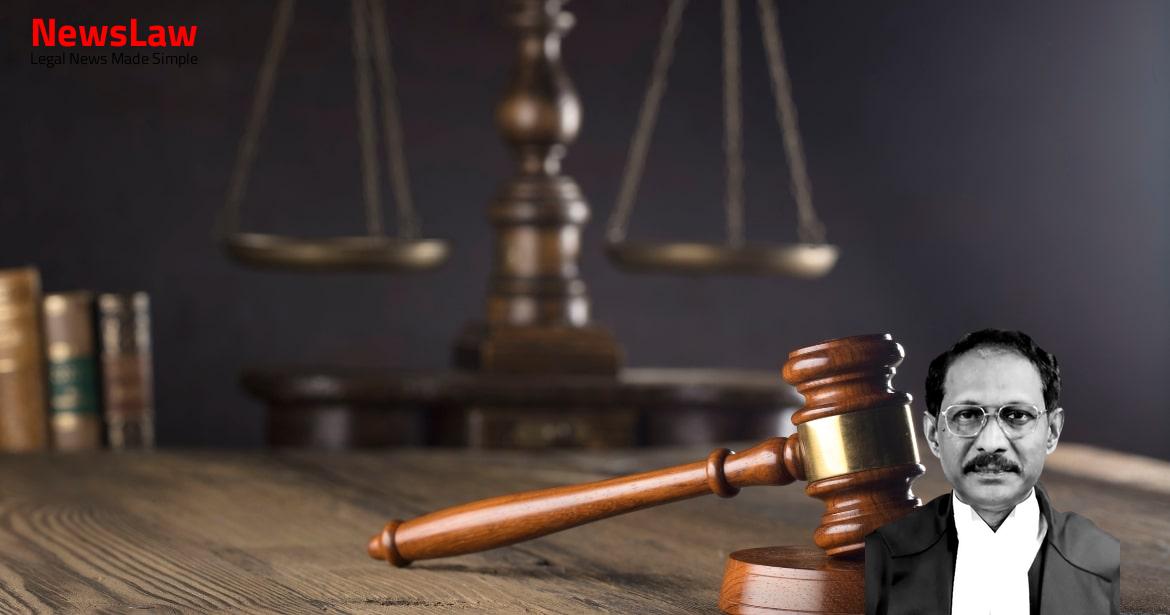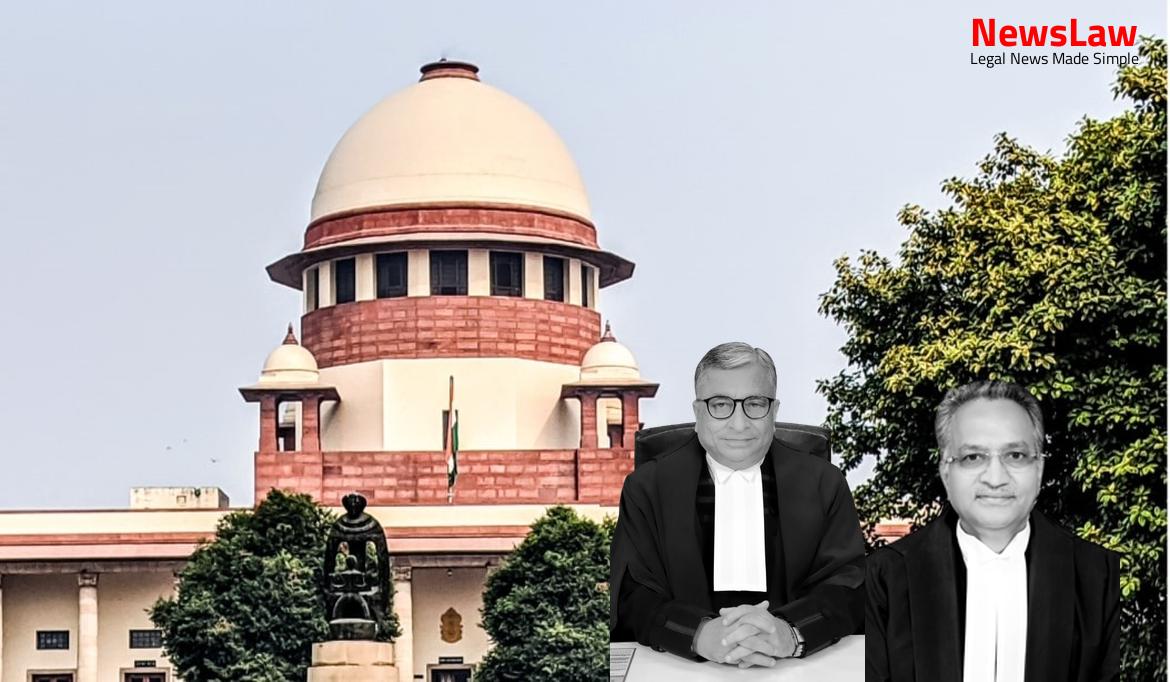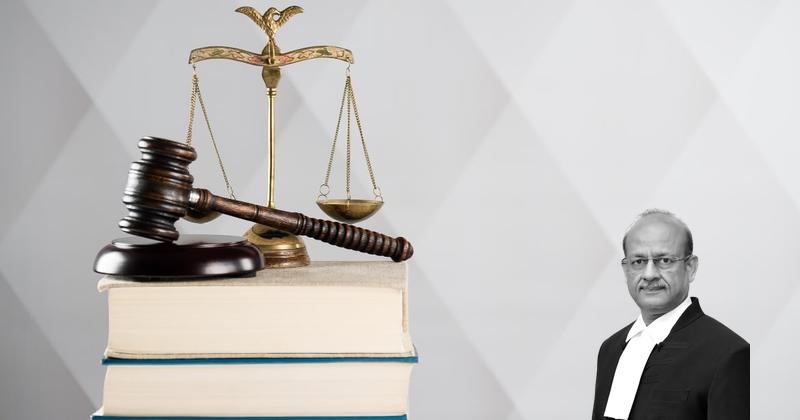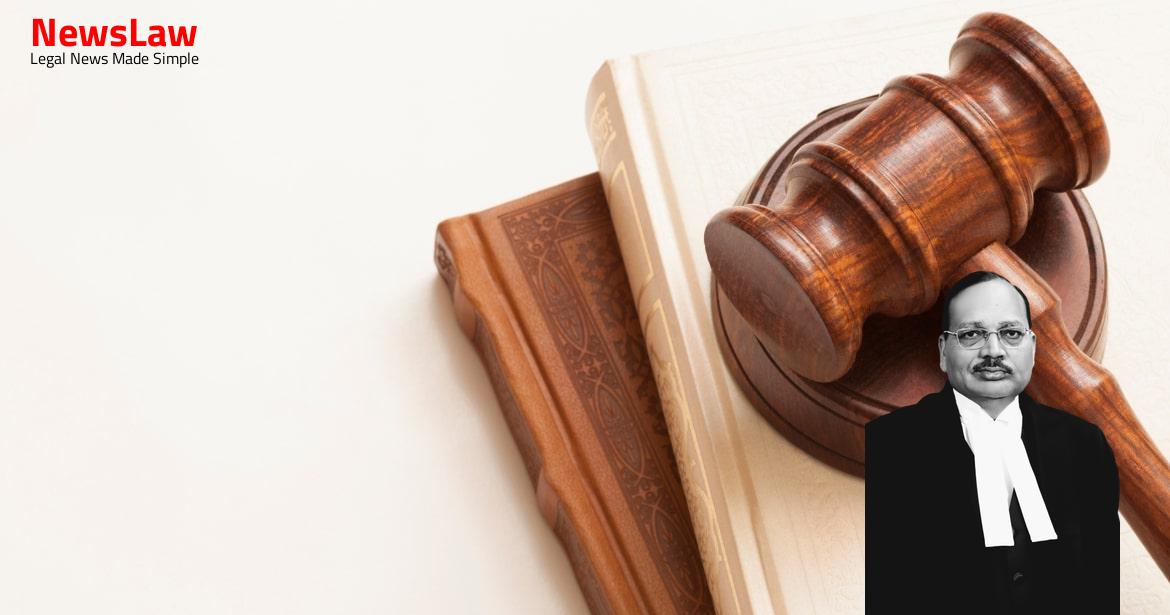In a landmark legal case concerning the improvements and rehabilitation efforts at Shree Jagannath Temple, the Supreme Court of India has issued a critical judgement. The case revolves around various recommendations and concerns raised by stakeholders regarding the management, preservation of traditions, and development of the sacred site. Stay informed about the latest developments and decisions made by the highest judicial authority in India regarding this important matter.
Facts
- Accommodation for 60,000 pilgrims recommended by the Temple Administration.
- Initial provision of accommodation for 10,000 pilgrims suggested as a priority.
- Various recommendations made by the Amicus Curiae regarding Sevaks, Sevapuja, Nitis, and subsidiary shrines.
- District Judge’s report submitted along with documents as per court order.
- Audit report of the Accountant General of Odisha provided.
- Issues raised by Sevaks regarding management, education, and facilities addressed.
- Land acquisitions by the State Government to provide additional facilities for pilgrims.
- Report on the 1954 Act and the constitution of the Managing Committee.
- Recommendations to improve visitor experience inside the Temple complex.
- Suggestions for enhancing income of the Temple and managing existing properties.
- Concerns raised about hygiene in the main kitchen and cooking areas.
- Various management aspects like Estate Management, Project Management, and Financial Management discussed.
- Recommendations for improving efficiency in utilization of grants-in-aid and budget management.
- Observations on contract management, human resource management, and audit limitations.
- Recommendations made by the Committee for Temple improvement including pilgrim accommodation.
- Issues related to Temple’s record of rights, daily Nitis, and performance delays discussed.
- Recommendations for reforms in the system of Puja, appointment of Administrator, and queue management.
- Decisions taken by the State Government and recommendations for training of Sevaks and sanitation.
- Summary of recommendations provided in Chapter XL including installation of CCTV cameras.
- Concerns raised about waste disposal mechanisms and hygiene in areas like Anand Bazar.
- References made to transport, dairy farm, lease of properties, and Lord Jagannath’s assets outside Puri.
- Notification issued on 12.6.2018 for redevelopment plan around the Temple to decongest the area for pilgrims and make Puri a world heritage city.
- Demolition on the entrance of the Temple has already taken place.
- Commission headed by Shri Justice B.P. Das recommended widening of road outside the Temple for crowd management and emergency vehicle movement.
- Proposal submitted for land acquisition within 75 meters from Meghanad Pacheri of Shree Jagannath Temple under the Act of 2013.
- Improvement of infrastructure without affecting hereditary rights of Sevaks for hassle-free Darshan.
- Directions given to Amicus Curiae and Solicitor General to inspect and provide suggestions post the Cabinet decision gazetted on 27.8.2019.
Also Read: Supreme Court Ruling on Exemption of Excise Duties and Cess
Arguments
- The Chairman of the Managing Committee mentioned that reforms for the betterment of the Temple were not being opposed.
- Reference to the 1805 report of Charles Grome was made.
- Sevaks expressed concerns about their hereditary rites not being taken away.
- Proper coordination between Administration and Sevaks was emphasized by the Amicus Curiae.
- A rehabilitation package was prepared for those being uprooted due to the Temple’s development.
- Issues highlighted included the need for improved hygiene, coordination, and security within the Temple.
- Concerns were raised about the lack of proper management of accounts, healthcare facilities, and internal complaint mechanisms for women.
- Importance of traditional Nitis and Sevas to be performed was stressed by religious leaders met by the Amicus Curiae.
- The need for a fair and liberal rehabilitation package was emphasized.
- Challenges during annual Rath Yatra due to large congregations were discussed, along with the implementation of suggestions from the District Judge.
- The lack of dedication to the Lord among stakeholders was noted by the Managing Committee Chairman.
- Recommendations included making Seva more attractive and improving religious monitoring.
- Ms. Priya Hingorani, learned Senior Counsel submitted a separate report.
- She pointed out that certain demolition has taken place, but Temples inside the Mathas, their Gaadis, Samadhis, and other artefacts have been preserved.
- The structures that were demolished were in a dilapidated state and unsafe for human habitation.
- Certain establishments have been relocated and are yet to be resettled.
Also Read: Protection of Wildlife Sanctuary: Importance of Environmental Conservation
Analysis
- Various quarries and mines operated by the Temple without payment causing loss.
- Recommendation for I-Cards for servitors and staff to prevent impersonation.
- Concerns raised about misbehavior with women and snatching incidents within the Temple premises.
- Need for separate toilets for male and female devotees highlighted.
- Importance of maintaining proper hygiene in the Rosaghar for preparing prasadam.
- Necessity of setting up schools for children of servitors for education in Jagannath Sanskruti.
- Resolution passed to authorize Chief Administrator to take action against disruptive servitors.
- Concerns regarding hereditary rights of Sevaks and their impact on daily rituals.
- Action taken to relocate commercial establishments temporarily during rehabilitation.
- Importance of preserving traditional rituals and puja as recommended by Srimad Jagadguru Shankaracharya.
- Efforts to improve security, waste management, and infrastructure for devotees’ convenience.
- Initiative for E-Portal and providing shelters for pilgrims directed.
- Effluent treatment plant and waste management system setup suggested for cleanliness and hygiene.
- Appreciation for stakeholders cooperating in restoring the glory of Lord Jagannath Temple.
- Steps recommended for proper darshan, welfare of servitors, and discipline maintenance.
- Expanding on the importance of dairy farm, accommodation, and schools for the Temple’s development.
- Importance of upholding the sanctity of rituals and avoiding economic exploitation by the government.
- Implementation of suggestions made by Amicus Curiae and other experts for Temple’s welfare.
- Enforcement of proper practices for sanitation, waste management, and security within the Temple.
Also Read: Electricity Sector Reforms: Upholding State Government’s Policy Decisions
Case Title: MRINALINI PADHI Vs. UNION OF INDIA
Case Number: W.P.(C) No.-000649 / 2018



